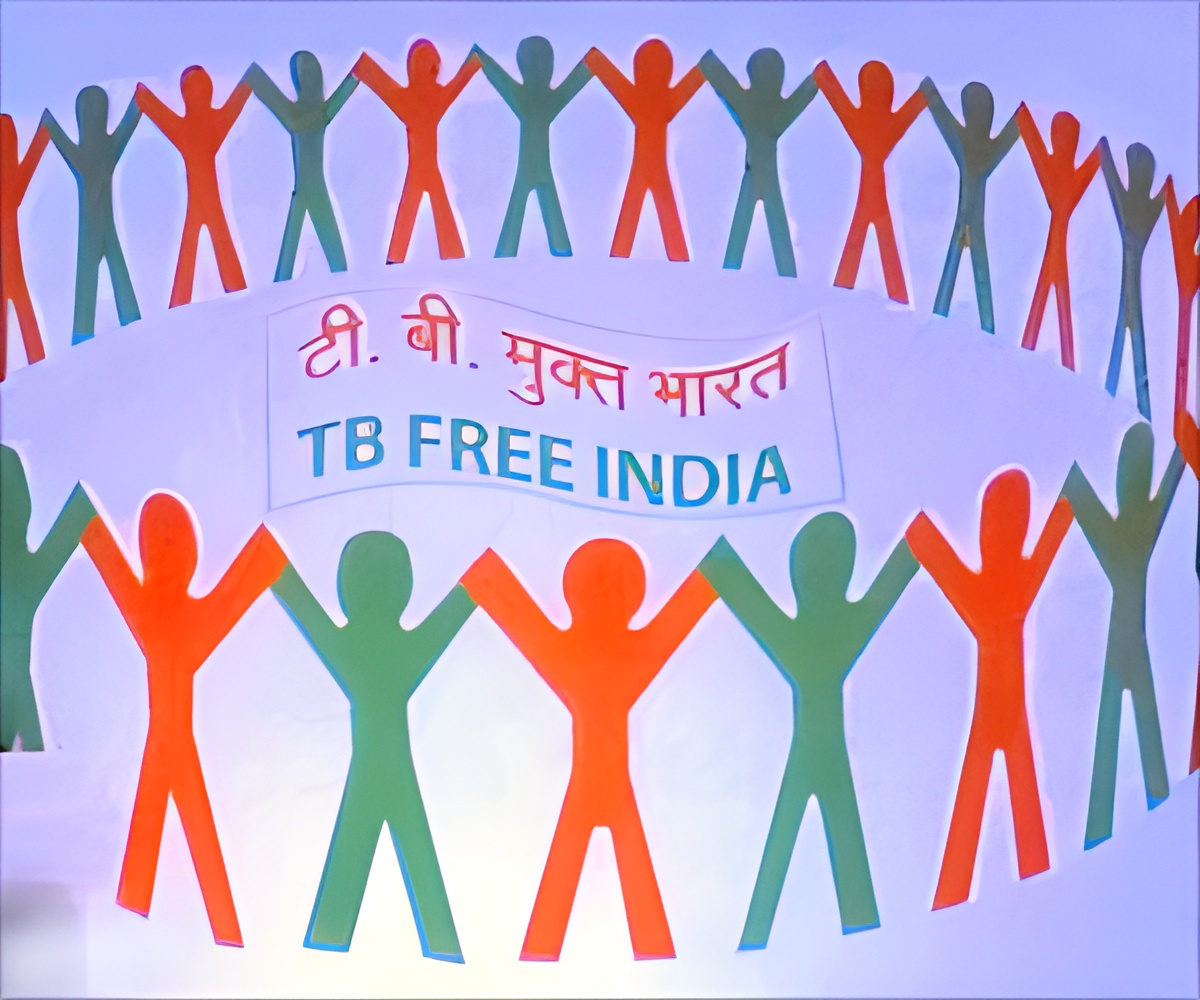Dr Neeraj Kulshrestha, Additional Deputy Director General at Central TB Division of India, pointed out that there is lack of trust between government and civil society.

Undoubtedly, civil society is an integral part of the Revised National Tuberculosis Control Program (RNTCP) of India and has helped by generating awareness at the peripheral level by taking the program to the patients’ doorsteps. Several speakers at the meet reiterated the importance of active participation and involvement of the affected community with the RNTCP to help realize the dream of a TB free India. While the patient has to be is central to all the actions, civil society can act as an interface between the RNTCP and the community.
As a senior government representative said 'the government cannot be the sole provider of services but can definitely be an enabler of service provision'.
LACK oF TRUST?
And yet there seems to be a lack of trust between the government and civil society organizations (CSOs). This needs to be bridged so that the partnership between the two become ‘constructive enough to be productive.’ NGOs/CSOs should be involved with the government in the planning as well as implementation and monitoring stages. Implementation strategy needs to be well planned and not be an ad hoc process. Only then the partnership can be meaningful and effective. As Dr Neeraj Kulshrestha, Additional Deputy Director General (DDG) at Central TB Division of India, pointed out, “There is lack of trust between government and civil society. This needs to be bridged. Both partners need to be more flexible as rigidity is not going to help anyone. A realistic costing of services has to be developed. But above all, CSO activities should be aligned with RNTCP policies.”
Lamenting that while India harbors one-third of the global TB burden, it also has an unreached population of 1 million TB patients who are missing from the government program, Dr Sunil Khaparde, Deputy Director General at India's Central TB Division (CTD), said that the marriage between government and civil society should benefit the affected community. He called poverty, illiteracy, and malnutrition the social pathology of TB that needed as much attention as TB treatment. For this social support schemes should reach those in need of them down to the Panchayat level as this support is crucial for treatment adherence. While lauding the successful model of RNTCP, he admitted that a lot more needs to be done.
Advertisement
"WE CANNOT WORK IN SILOS"
“We need to bring down the annual TB incidence rates have to reduce by 20% annually from the current 2%, if we have to achieve our goal of TB free India. To achieve this active case finding is very important by reaching out to the community, especially in high-risk areas. We need a two-way trust between government and NGOs. Flexibility in programs is necessary. There must be coordination between different NGOs and between NGOs and government. We also require strict regulations for the private sector. We cannot work in silos”, he said.
Advertisement
Dr Rueben Swamickan, TB Advisor, USAID, called the patient to be the 'VIP' of the program. He insisted that, "talks must translate into action. We have to bring diverse skills together for patients’ benefit. All private and public service providers need to be competent enough to provide proper diagnosis and treatment. Patient should be able to get high quality care wherever he/she goes”.
In fact, the public and private delivery systems should not compete but work together with the delivery recipient (patient) and perhaps a decentralized patient centric care system might work better.
'ISLANDS OF EXCELLENCE IN A SEA OF MEDIOCRITY?'
Stigma is another big problem that makes us sweep TB under the carpet. It often deters TB patients from either seeking treatment and/or completing it. Dr PC Bhatnagar from Voluntary Health Association of India (VHAI) felt that action is not percolating to the district/sub district level. According to him, “We cannot have islands of excellence in a sea of mediocrity.”
Activists Loon Gangte and Hari Singh of Delhi Network of People living with HIV (DNP+) rightly pointed out that there is much less information, education and awareness in TB patients as compared to people living with HIV (PLHIV). There are very few TB activists from the patients. PLHIV networks can help in this direction, as TB is a very high-risk mortality factor for them.
One important step in the direction of making a TB free India a reality is to empower the TB patients. In them lies the solution of the problem.
“We must involve, engage and invest in the affected community to build it up. We need to have empowered TB patients, to form community groups (as we have in PLHIV) to disseminate the right information and to ensure that government schemes reach the affected people. Unless there is treatment literacy in the affected community, challenge of treatment adherence cannot be overcome. I should be popping my pills not because the doctor says so, but because I know how important it is for me”, said Loon.
One thing that came out clear and loud was that the patient should be central to the program. There is a dire need for proactive TB patients groups to be there and to be involved with planning, implementation and monitoring. Real TB champions/advocates need to reach out to affected community. But then as Blessina Kumar said, “For affected communities to inform policies, they need to be empowered and have information/knowledge. For this we need to invest in them”.
Source: Shobha Shukla, Citizen News Service – CNS













